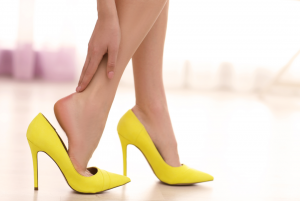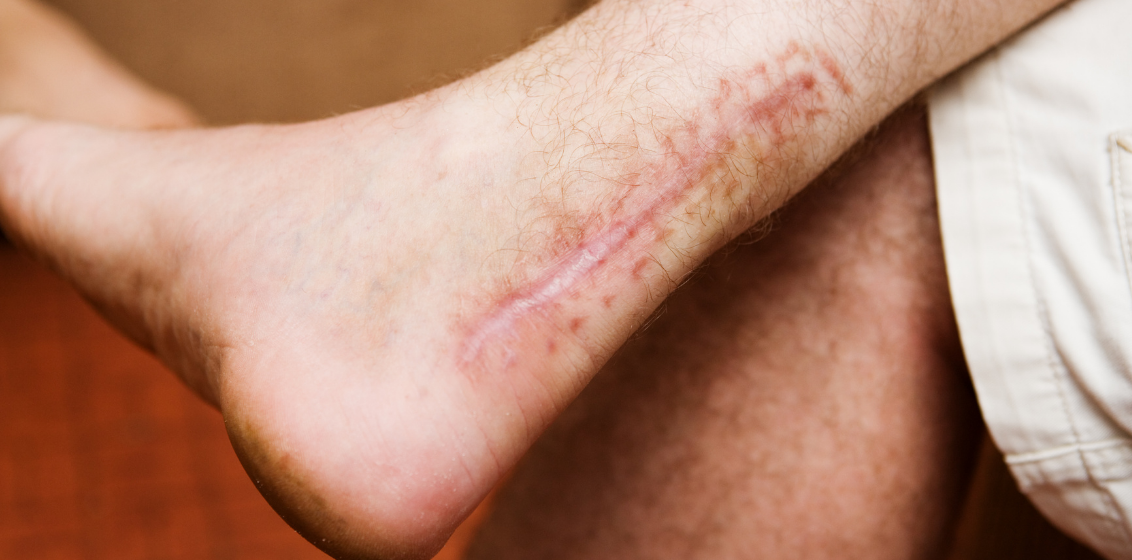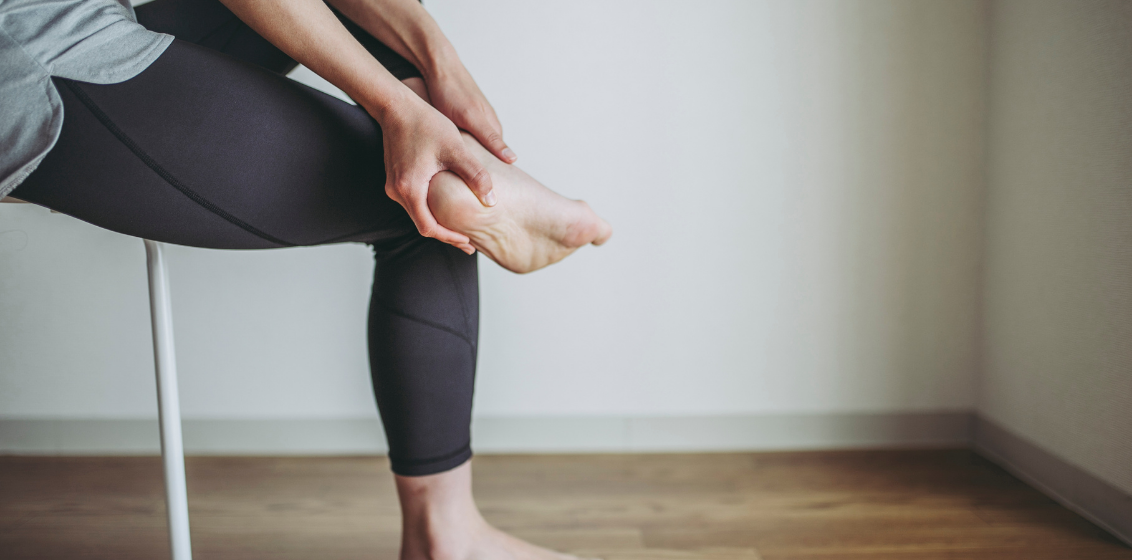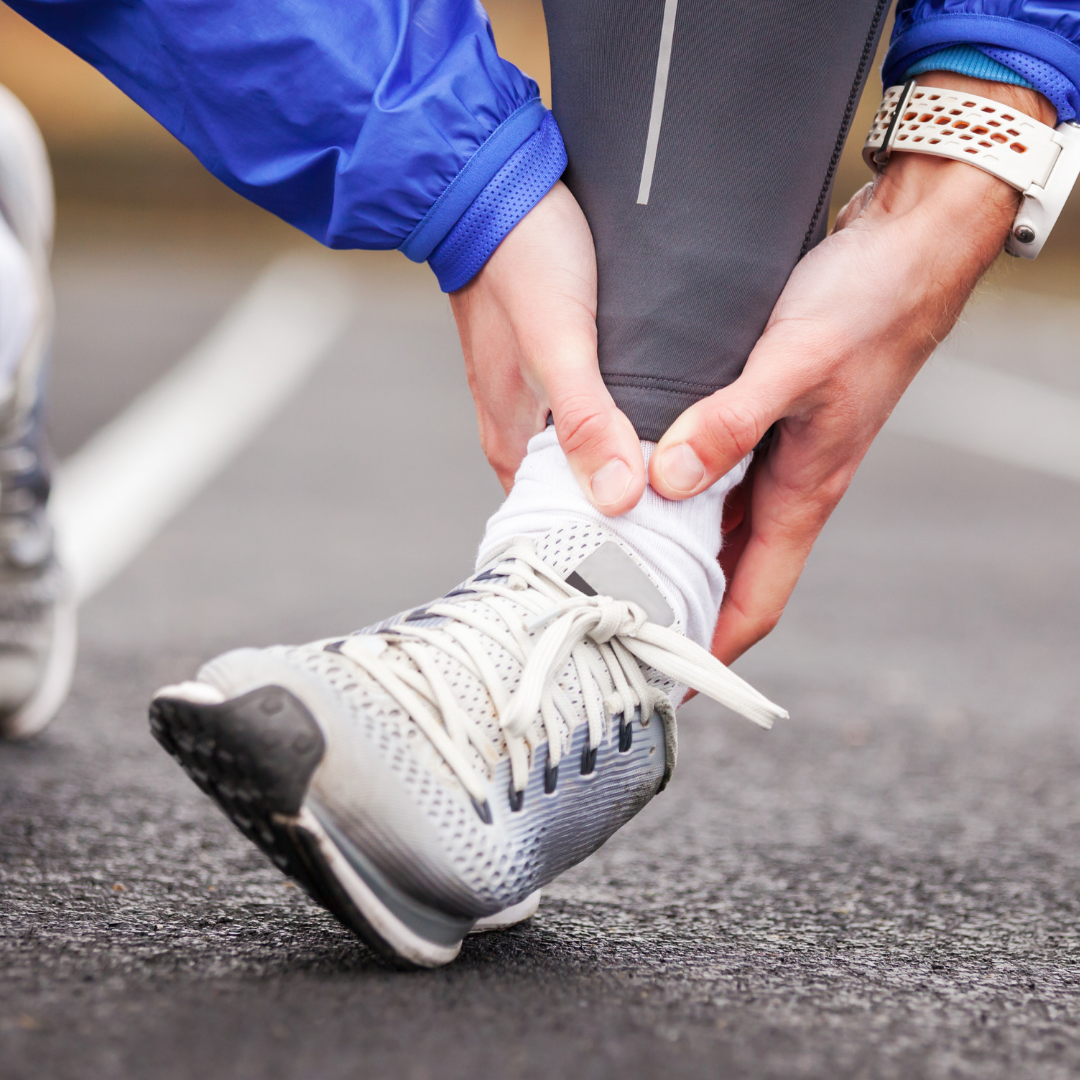High Heels Help Achilles Problems?

Well, not exactly high heels, but a heel lift placed in your shoes. A recent study from LaTrobe Uni in Melbourne compared placing 12mm heel lifts in shoes to a common exercise protocol and recorded the response over 12 weeks. They found that both groups improved, and that the group who wore the heel raises improved slightly more. What’s going on here you may ask? Let’s explain…..
What’s a heel raise?
It’s an orthotic addition often used for people with a leg length discrepancy. It’s a semi-rigid foam wedge that sits in the back of your shoe under your heel. In this case it’s used in BOTH shoes, so we don’t manufacture a leg length difference for you
When do you use one?
We use heel raises very frequently for our clients with achilles tendon issues. They are especially important if your pain is worse with walking, or pain is at the tendon attachment to the heel bone (insertional tendinopathy). Tendons don’t like change, and we often find changing to a flatter, minimalist running shoe can be all the change a tendon needs to start getting angry with you. Reversing that change and inserting a heel raise can be a useful tactic in early rehab to quieten an angry achilles.
Why does it work?
Adding a raise under the heel reduces stretch on the calf muscles and achilles tendon. Changing the biomechanics like this is thought to reduce strain on the achilles tendon and reduce compression of the tendon insertion on the back of the heel bone.
How does that help a male, over 35 soccer player with a sore achilles tendon?
Well it’s safe to say they can continue wearing their high heels on weekends. But during soccer season they can choose running shoes and boots that have a higher inbuilt “drop”. The “drop” refers to the difference in height between the heel and forefoot of a shoe. Most soccer boots are completely flat, while running shoes can be 10mm or more. ASICS have several soccer boots with well designed insoles and high drop numbers which can help our older soccer Dad to get through a season
What about a Running Mum?
Likewise, they can seek out a running shoe with a bigger drop. And avoid ballet flats, flat sandals and thongs in the short term. This is one case where a good Physio will actually recommend wearing a higher heeled shoe as therapy!
Is that all I have to do to get back running pain free?
Unfortunately it’s not that simple. Tendons get painful because we load them more than they can handle. Tendons that are damaged with normal age, heavy use or certain diseases change the load bearing capacity they will put up with. Exercise is a proven method of restoring tendon capacity and getting you back to the sporting activity you love
So how long will it take?
Muscle takes 4-8 weeks to heal when injured. It has a great blood supply. Bone takes 8-12 weeks, it also has a decent blood supply. Tendon has a poor blood supply. It can take 12 weeks plus if you have a decent tendinopathy or leave it months to get started on rehab. The best news is that tendons (and Physios) don’t like complete rest, so there will always be a safe and helpful level of exercise we will recommend for you to help get your tendon ready to go again
What’s the best treatment?
“It depends” is the only really honest answer. It depends on things like age, whether you have a “reactive”, “degenerative” or “reactive on degenerative” tendinopathy and whether it’s “insertional” or “midportion”. Confused? Leave that technical stuff to us, we’ve developed a fantastic Achilles Tendon Clinical Pathway with an algorithm we use for diagnosis, staging, rehab and progression milestones. We love this stuff and have used the best available science to make it simpler for us to help get you back to doing what you love
If you’d like some more information, we’ve developed a factsheet “10 Things NOT to do for lower limb tendon pain”. Click HERE to grab a copy and make sure you’re not making these mistakes.
To really get moving in the right direction, book an assessment consultation with one of our expert Physiotherapists to get the right rehab plan started for you. Simply call us on 9548 3372 or click the link to book online



